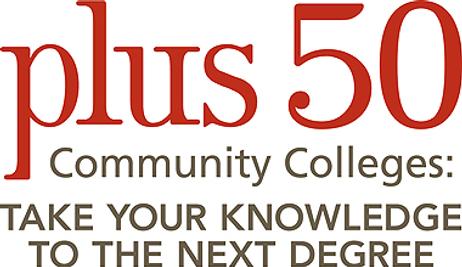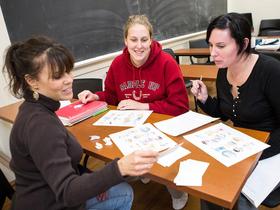The “skilled worker shortage” has become popular fodder for educators and business leaders alike. The perceived shortage has pushed for more partnerships between businesses and local community colleges and even more effective vocational programs at the high school level. However, some economists and other experts argue that the labor shortage is a myth, construed by educators and others who are interested in promoting their own interests by expanding the base of mid-level skills in the country. So is the skilled worker shortage a hard fact or mere myth? The answer may be much more complex than one might think.
Jobs Sitting Empty
One compelling argument in favor of the skilled worker shortage is the fact that many jobs at this level are sitting vacant today. Bloomberg Business Week reports that as many as 600,000 manufacturing jobs in the United States remain unfilled. Those numbers come from a recent report published by Manufacturing Institute.
According to the Business Review, New York alone could see a worker shortage of 350,000 by 2018, as the need for skilled employees in the technology sector continues to rise. The Society for Human Resource Management cites numbers from the McKinsey Global Institute that show the world could be short 40 million college-educated workers by 2020. Developed areas of North America and Europe alone could see a worker gap of up to 16-18 million workers by 2020.
While the numbers sound grand, individuals are urged to take a



























